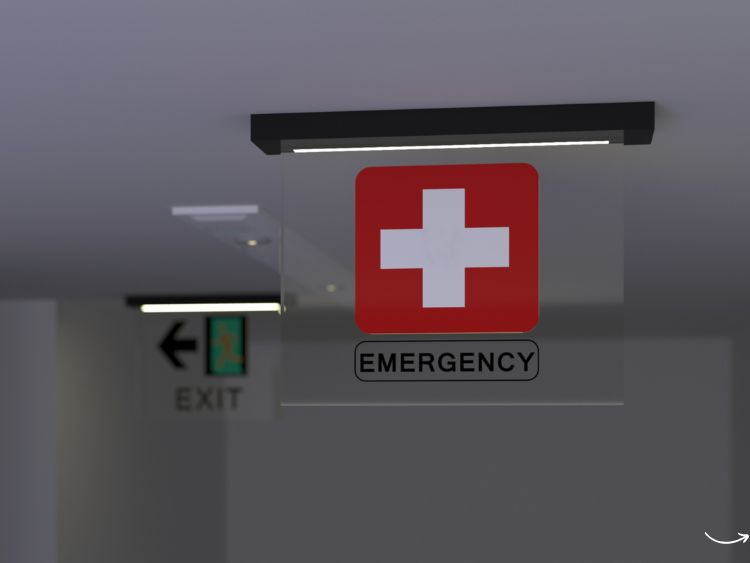Mental health services are more critical than ever. In a world that’s constantly moving, it’s easy to feel overwhelmed, stressed, or anxious. If you’re struggling with mental health challenges, you’re not alone. Luckily, mental health services can help you find the support and tools you need to lead a balanced life. But, where do you even begin? From counseling and therapy to crisis hotlines and inpatient care, this guide will walk you through the essentials of mental health services and how to access them.
What Are Mental Health Services?
Mental health services encompass a wide range of treatments, therapies, and support systems designed to improve your mental well-being. These services can vary from basic counseling sessions to more intensive programs for those dealing with serious mental health conditions. The main goal is to help individuals cope with issues like stress, anxiety, depression, or more complex conditions like bipolar disorder and schizophrenia.
Key Types of Mental Health Services:
- Counseling and Therapy: Talk therapy with a licensed therapist or counselor.
- Crisis Intervention: Immediate help for individuals in acute distress, often involving hotlines or emergency services.
- Medication Management: Monitoring and prescribing mental health medications like antidepressants or antipsychotics.
- Inpatient and Outpatient Programs: Structured treatment plans either inside a facility or as part of a daily or weekly schedule.
- Support Groups: Peer-led groups that provide emotional and practical support.
Why Are Mental Health Services Important?
Mental health is just as important as physical health. In fact, both are closely linked. When you’re mentally healthy, you’re better able to handle stress, maintain relationships, and contribute to your community. But when your mental health is out of balance, it can affect every aspect of your life.
Here are a few reasons why mental health services are essential:
- Improved Quality of Life: Mental health services can help you develop coping strategies to handle challenges effectively.
- Prevention of Crisis Situations: Early intervention can prevent mental health issues from escalating.
- Support for Ongoing Recovery: For chronic conditions, these services provide long-term management options.
- Holistic Approach: Mental health services often take a holistic approach, addressing emotional, physical, and even spiritual well-being.
How to Access Mental Health Services
The good news is that mental health services are more accessible now than ever before. Whether you’re seeking help for yourself or someone you care about, here are the common ways to get started:
- Primary Care Doctor: A primary care physician can often refer you to specialists or provide basic counseling.
- Online Therapy Platforms: Services like BetterHelp or Talkspace offer remote therapy sessions.
- Community Health Centers: Local health centers often provide low-cost or free mental health services.
- Employee Assistance Programs (EAPs): Some employers offer mental health support as part of their benefits package.
- Insurance Coverage: Check your health insurance for mental health coverage options, including therapy and medications.
FAQs about Mental Health Services
Q: What should I look for in a mental health professional?
A: Look for credentials, experience in your specific area of concern, and a personality match. Trust and comfort are key in any therapeutic relationship.
Q: How long does therapy take to show results?
A: It varies. Some people notice improvement within a few sessions, while others may need several months or longer, depending on the complexity of the issue.
Q: Can I get help if I don’t have insurance?
A: Yes! Many community health centers and non-profits offer sliding scale fees, which means you pay based on what you can afford.
Q: What if I’m in a crisis?
A: Reach out to a crisis hotline immediately or go to the nearest emergency room. Crisis intervention services are available 24/7.
Q: Is therapy only for serious mental health issues?
A: Not at all! Therapy can help with everything from daily stress to significant life changes or personal growth goals.
Conclusion
Taking the first step toward better mental health is huge, and there are plenty of resources out there to guide you through the process. Whether you need therapy, support groups, or crisis intervention, mental health services can provide the support and tools to navigate life’s challenges. Don’t hesitate to reach out when you need help—your mental well-being is worth it!
Authoritative Links:
- National Institute of Mental Health: https://www.nimh.nih.gov
- Substance Abuse and Mental Health Services Administration: https://www.samhsa.gov
- Mental Health America: https://www.mhanational.org
